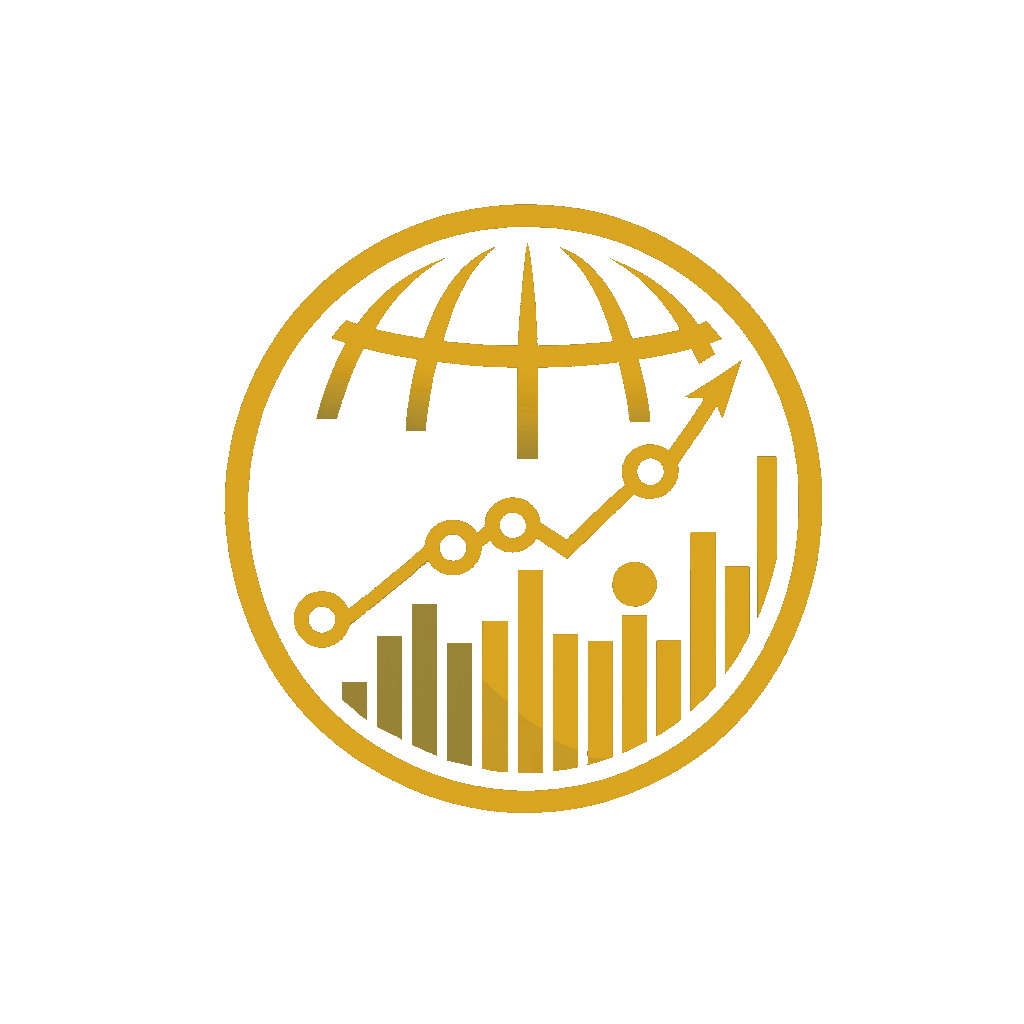Understanding Inflation: Causes and Impact on Consumers, Businesses, and Governments
What is Inflation?
Inflation is the rate at which the general level of prices for goods and services rises over a period of time, resulting in a decrease in the purchasing power of money. Essentially, as inflation increases, every unit of currency buys fewer goods and services than before. This phenomenon is a key economic indicator and has widespread effects on individuals, businesses, and governments alike.
Causes of Inflation
Inflation occurs due to several interconnected factors. Economists typically classify the causes into three main categories: demand-pull inflation, cost-push inflation, and built-in inflation.
Demand-Pull Inflation
Demand-pull inflation happens when the demand for goods and services surpasses their supply. For instance, during a booming economy, consumers and businesses might have higher disposable incomes, leading to increased spending. If the supply of products and services cannot meet this heightened demand, prices rise. An example of this is the surge in demand for electronic devices during the holiday season, which often drives up prices.
Cost-Push Inflation
Cost-push inflation occurs when the cost of production increases, leading businesses to pass these costs on to consumers in the form of higher prices. Factors contributing to this include rising raw material prices, higher wages, or increased energy costs. A relatable example is the increase in fuel prices during a global oil crisis, which directly impacts transportation costs and, consequently, the prices of goods reliant on shipping.
Built-In Inflation
Built-in inflation, also known as wage-price inflation, stems from a cycle where workers demand higher wages to keep up with rising living costs. Businesses, in turn, increase prices to accommodate higher labor costs, perpetuating the cycle. For example, if grocery prices climb, employees may demand higher wages to maintain their standard of living, prompting grocery stores to further raise prices to cover labor costs.
The Impact of Inflation
Inflation affects various segments of the economy differently, with both positive and negative consequences. Here, we analyze its impact on consumers, businesses, and governments.
Impact on Consumers
For consumers, inflation directly reduces purchasing power, making everyday expenses more costly. A typical example is the rise in grocery prices. As inflation increases, staples like bread, milk, and eggs cost more, forcing households to either spend more or cut back on other expenditures. Similarly, rising fuel prices can strain budgets, especially for those who rely on personal vehicles or commute long distances.
Additionally, savings are eroded during inflationary periods if interest rates on savings accounts fail to keep up with inflation. For instance, if inflation is at 5% but a savings account offers only a 2% interest rate, the real value of the saved money decreases over time.
Impact on Businesses
Inflation poses challenges for businesses by increasing operational costs. For example, manufacturers may face higher expenses for raw materials or energy. These increased costs often lead to higher product prices, which can affect consumer demand. If customers reduce spending, businesses may see a decline in revenue.
On the other hand, some businesses benefit from inflation, particularly those in industries like real estate or commodities. For instance, property values often rise during inflationary periods, boosting profits for real estate companies.
Inflation also affects long-term planning for businesses. Unpredictable price changes can make budgeting and forecasting more challenging, compelling companies to adopt more conservative strategies or increase prices cautiously to remain competitive.
Impact on Governments
For governments, inflation influences fiscal policies, debt management, and economic stability. Moderate inflation can be beneficial, as it often indicates a growing economy. However, high or unpredictable inflation can create significant challenges.
One positive impact of inflation is that it reduces the real value of government debt. For instance, if a country has issued bonds with fixed interest rates, the actual repayment cost decreases as inflation rises.
Conversely, inflation often necessitates intervention by central banks. Governments may implement policies to curb inflation, such as raising interest rates. These measures, while effective in controlling inflation, can slow economic growth and increase unemployment. For example, a higher interest rate may discourage borrowing and investment, affecting both businesses and consumers.
Preparing for Inflation
Inflation is a complex economic phenomenon with far-reaching implications for consumers, businesses, and governments. While moderate inflation can signal a healthy economy, excessive or unpredictable inflation often leads to economic challenges and requires careful management. By understanding its causes and effects, individuals and policymakers can better prepare for and mitigate its impacts.
